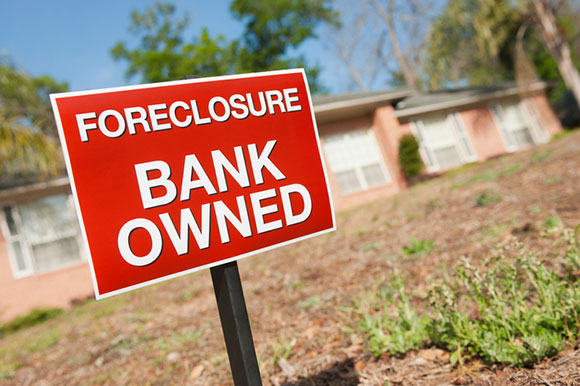
When you’re facing financial troubles, our Las Vegas bankruptcy attorneys can help you address your concerns. In many cases, you can protect your home from foreclosure in bankruptcy. Using bankruptcy protections is one common way to preserve your home and shield it from creditors. At Half Price Lawyers, we can help you determine if you qualify and work to help you take advantage of laws that protect you.
If you live in Nevada, you can take advantage of bankruptcy protections that are designed to stop foreclosure on your home and help you get caught up on your payments. Even if you’re behind on your payments and the foreclosure process has already begun, our attorneys can help you take action to stop the foreclosure.
With a stay of the foreclosure in place when you file for bankruptcy, you have the time to get caught up on your payments. You can restructure your debts and create a new plan that’s reasonable based on your income.
As soon as you file for bankruptcy in Nevada, the foreclosure proceedings against you are stayed. That means they stop right away. Your mortgage lender must immediately stop the foreclosure process and stop trying to force you out of your home. The bankruptcy court has the authority over any local court even if the foreclosure proceedings started first. Until the bankruptcy court takes further action, there’s nothing the mortgage holder can do to foreclose on your property.
You can stop foreclosure in Nevada by filing for Chapter 13 bankruptcy. When you file for Chapter 13 bankruptcy, foreclosure proceedings stop on the day that you submit your claim. After you file, everything gets put on hold, including house foreclosure and other debt collection actions that are active against you.
Once you file your bankruptcy claim under Chapter 13, the court appoints a person who is called a bankruptcy trustee. It’s their job to manage the case. You report your income and your debts to the bankruptcy trustee.
The trustee determines how much you can afford to pay towards your debts each month. They take your expenses into account so that the amount that you pay is reasonable.
Next, you make payments on your debts. The payments continue on a monthly basis for a few years. During this time, you have the time to get current on your mortgage. The mortgage holder must allow this process. Once you’re caught up, you’re no longer in foreclosure. You stay in your home the entire time. The amount that you pay each month depends on your income and your expenses, so you can expect a reasonable monthly payment amount to get you current on your mortgage.
We invite you to speak with our bankruptcy attorneys in Las Vegas so that you can understand the specifics of the process to stop home foreclosure. The exact details like your payment amount and filing requirements are specific to your case, so we invite you to meet with us to learn more. You may be surprised at how easy it really is, and you can welcome the relief that comes with using a Chapter 13 bankruptcy proceeding to keep your home and get a fresh start.
Anyone can find themselves in financial trouble and facing foreclosure. A turn in the real estate market, a job change or unexpected medical expenses can all cause you to fall under water. The law exists to protect good people when they fall victim to unforeseen circumstances. Nevada law exists to help you stay in your home and rebuild your life.
A Chapter 13 bankruptcy proceeding is a process that looks at all of your debts. You can address all of the issues surrounding your finances. Your home is a big, important part of the financial picture. It’s important to consider all of your assets and debts in a bankruptcy proceeding. You can address other areas of concern like an overdue car payment, credit card debts, personal loans, and other kinds of debt that are keeping you up at night. Not all types of debts are dischargeable in bankruptcy, so it’s important to evaluate your entire case as a whole to determine the best plan for you.
Half Price Lawyers
732 S. 6th Street Suite 100
Las Vegas, NV 89101